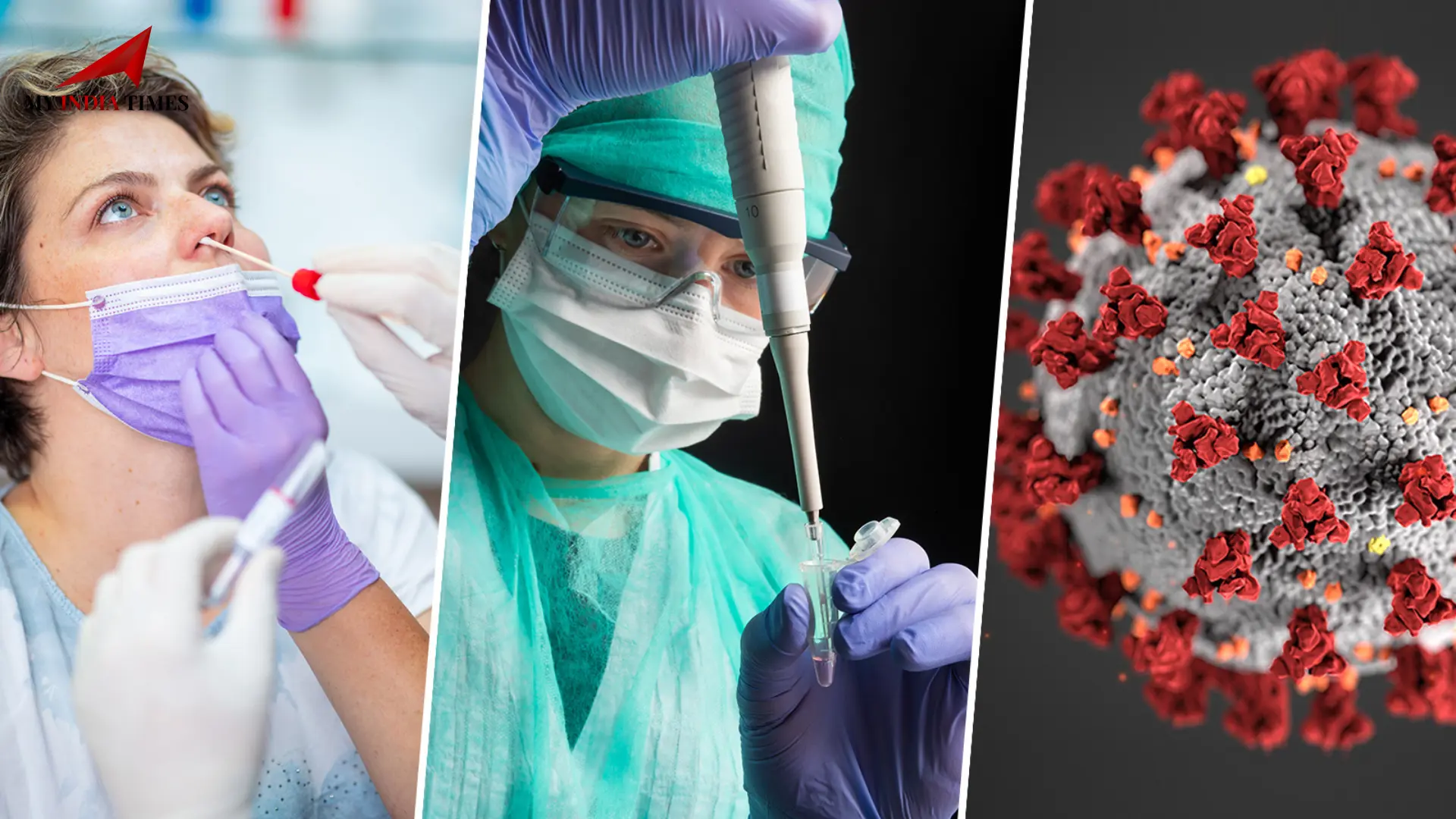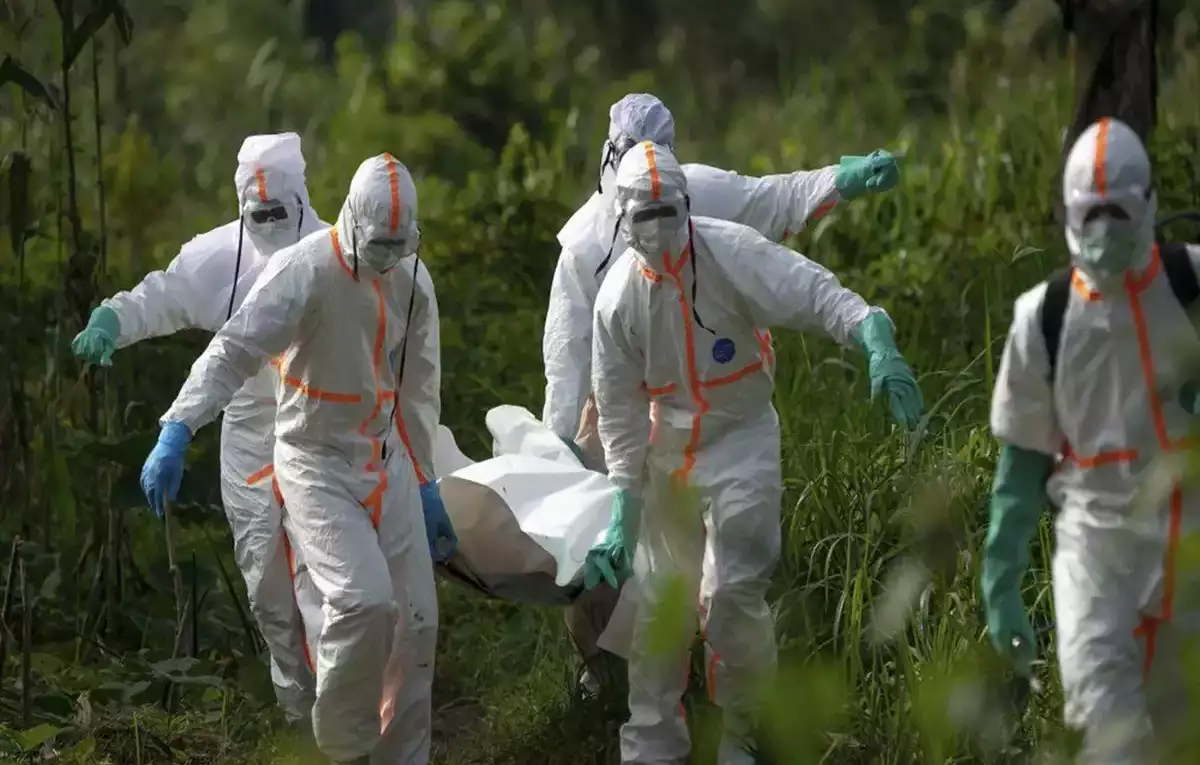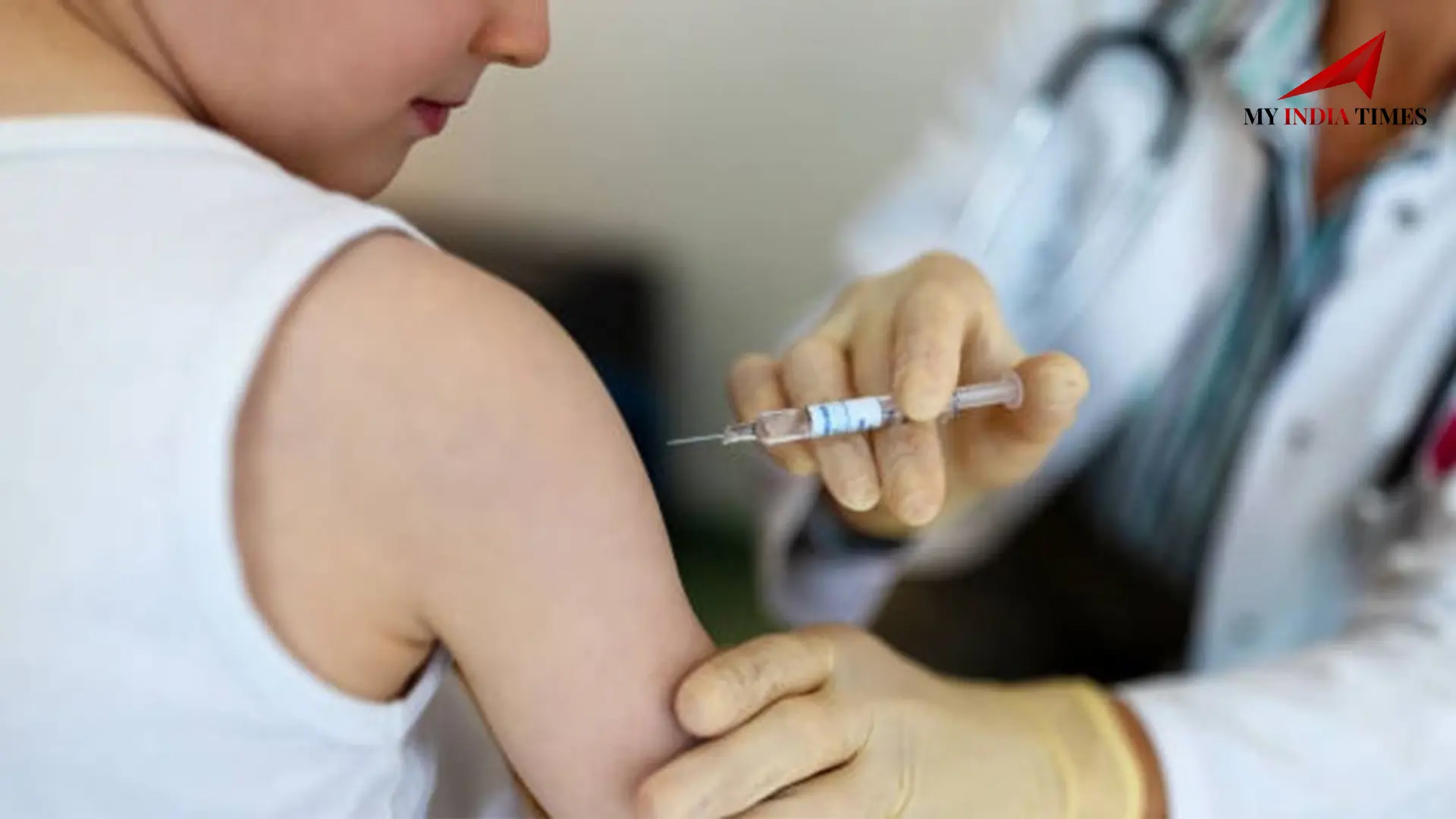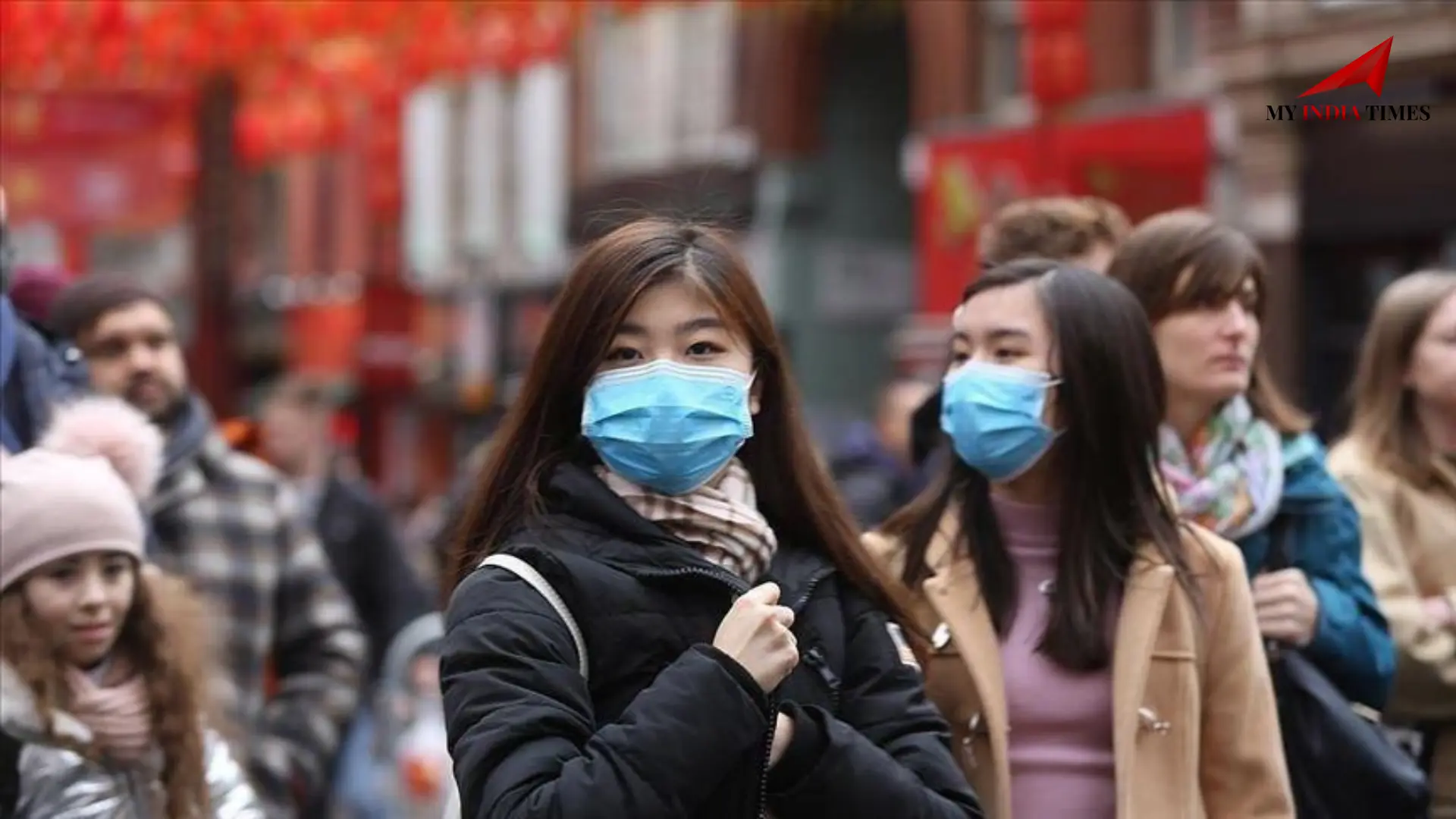Home / covid / Yale Study Explores Chronic Symptoms After COVID-19 Vaccination, Unveiling Immune System Shifts
Yale Study Explores Chronic Symptoms After COVID-19 Vaccination, Unveiling Immune System Shifts
By: My India Times
1 minutes read 51Updated At: 2025-02-24

Understanding Post-Vaccination Syndrome (PVS)
Post-Vaccination Syndrome (PVS) has emerged as a concerning phenomenon, yet it remains largely unrecognized by global medical authorities. This condition is characterized by a range of persistent symptoms, including extreme fatigue, brain fog, insomnia, dizziness, and exercise intolerance. Individuals affected by PVS often experience symptoms within a day or two of receiving a COVID-19 vaccine, with some reporting worsening effects over time.
Yale Research Sheds Light on PVS
Despite the life-saving impact of COVID-19 vaccines, a subset of vaccinated individuals has reported enduring health issues. In a groundbreaking study, Yale researchers have embarked on a scientific exploration of PVS, aiming to uncover its biological foundations. Their study delves into immune system abnormalities observed in affected individuals, paving the way for further investigation into potential causes and treatments.
Key Findings from the Study
Preliminary findings suggest that individuals experiencing PVS exhibit immune system disruptions similar to those seen in long COVID patients. Notably, reactivation of the Epstein-Barr virus—known for its association with multiple chronic conditions—has been detected in some PVS cases. Additionally, immune cell composition in PVS patients appears to differ significantly from that of individuals who did not report post-vaccination symptoms.
The Need for Recognition and Further Research
As the scientific community seeks to validate these findings, researchers emphasize the importance of acknowledging PVS as a legitimate medical concern. Without formal recognition, affected individuals may struggle to receive appropriate diagnosis and care. Ongoing studies are expected to provide deeper insights into the mechanisms driving PVS and inform the development of targeted therapies to mitigate its impact.
The Future of Vaccine Safety and Public Health
While COVID-19 vaccines have been instrumental in controlling the pandemic, continued research into their long-term effects is essential for enhancing vaccine safety. By understanding the rare but significant effects of vaccination, medical professionals can improve patient outcomes and guide future vaccine development efforts. Yale’s study marks a crucial step in addressing post-vaccination concerns while maintaining confidence in immunization as a public health measure.
....
Understanding Post-Vaccination Syndrome (PVS)
Post-Vaccination Syndrome (PVS) has emerged as a concerning phenomenon, yet it remains largely unrecognized by global medical authorities. This condition is characterized by a range of persistent symptoms, including extreme fatigue, brain fog, insomnia, dizziness, and exercise intolerance. Individuals affected by PVS often experience symptoms within a day or two of receiving a COVID-19 vaccine, with some reporting worsening effects over time.
Yale Research Sheds Light on PVS
Despite the life-saving impact of COVID-19 vaccines, a subset of vaccinated individuals has reported enduring health issues. In a groundbreaking study, Yale researchers have embarked on a scientific exploration of PVS, aiming to uncover its biological foundations. Their study delves into immune system abnormalities observed in affected individuals, paving the way for further investigation into potential causes and treatments.
Key Findings from the Study
Preliminary findings suggest that individuals experiencing PVS exhibit immune system disruptions similar to those seen in long COVID patients. Notably, reactivation of the Epstein-Barr virus—known for its association with multiple chronic conditions—has been detected in some PVS cases. Additionally, immune cell composition in PVS patients appears to differ significantly from that of individuals who did not report post-vaccination symptoms.
The Need for Recognition and Further Research
As the scientific community seeks to validate these findings, researchers emphasize the importance of acknowledging PVS as a legitimate medical concern. Without formal recognition, affected individuals may struggle to receive appropriate diagnosis and care. Ongoing studies are expected to provide deeper insights into the mechanisms driving PVS and inform the development of targeted therapies to mitigate its impact.
The Future of Vaccine Safety and Public Health
While COVID-19 vaccines have been instrumental in controlling the pandemic, continued research into their long-term effects is essential for enhancing vaccine safety. By understanding the rare but significant effects of vaccination, medical professionals can improve patient outcomes and guide future vaccine development efforts. Yale’s study marks a crucial step in addressing post-vaccination concerns while maintaining confidence in immunization as a public health measure.
By: My India Times
Updated At: 2025-02-24
Tags: covid News | My India Times News | Trending News | Travel News
Join our WhatsApp Channel
















-outbreak in-china.jpg)



























































































.png)
 (1).png)























